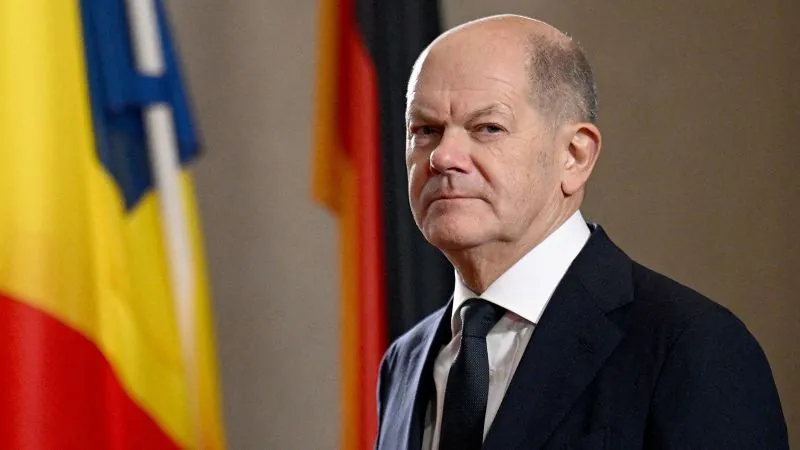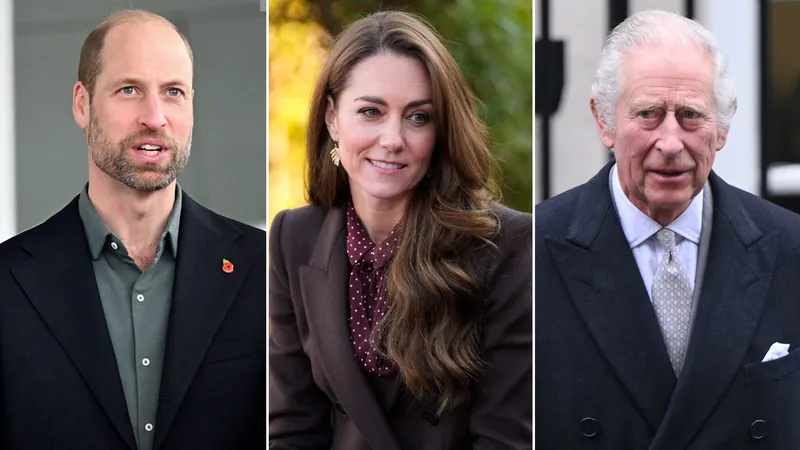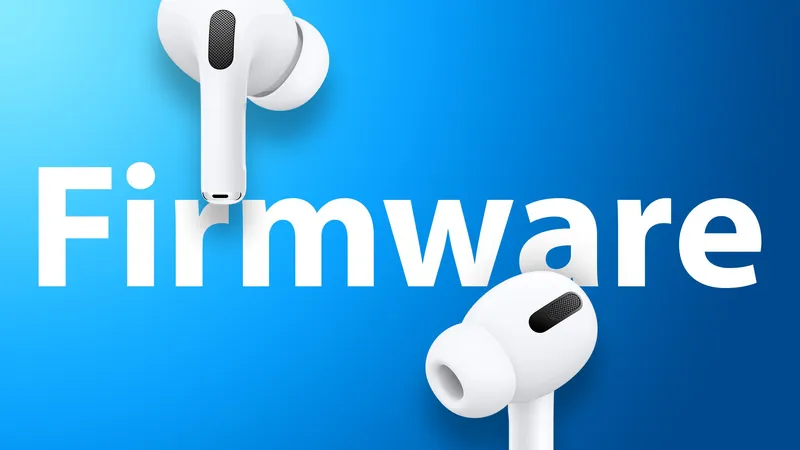
Scholz's Phone Call With Putin: A Reckless Move or a Path Towards Peace?
2024-11-16
Author: Jessica Wong
Scholz's Controversial Move
In a controversial move that has sparked outrage, German Chancellor Olaf Scholz reached out to Russian President Vladimir Putin for the first time in two years. Ukrainian President Volodymyr Zelensky condemned the call, asserting that it has 'opened a Pandora's box' that could undermine international efforts to isolate Putin amidst his ongoing war in Ukraine.
Responses from Zelensky
Zelensky criticized Scholz's decision, emphasizing that it plays directly into Putin's hands. 'This is exactly what Putin has been wanting for a long time. It is extremely important for him to weaken his isolation and engage in meaningless negotiations,' he stated during an evening address.
Political Timing
The timing of the call is significant, coinciding with preparations for a snap election in Germany on February 23. Scholz's Social Democrats are facing pressure from populist parties advocating for a more diplomatic approach toward Russia, arguing that the government hasn't done enough to end the conflict. Critics suggest that the call may have been more about domestic political maneuvering than genuine efforts towards peace.
Scholz's Position
During the call, Scholz reiterated his stance, calling for a withdrawal of Russian forces from Ukraine and initiating genuine discussions with Kyiv aimed at achieving a 'just and lasting peace.' Meanwhile, the Kremlin characterized the conversation as part of a long-standing dialogue but asserted that any future agreement to end the war must account for Russian security interests and acknowledge 'new territorial realities.'
Concerns from Europe
According to sources familiar with the matter, senior European officials had advised against the call, asserting that it lacked any real merit for Ukraine's quest for peace. Zelensky echoed this sentiment, claiming that such phone calls have historically added no value to the peace process and only perpetuate the status quo.
Impact on US Aid
As the dust settles on the political landscape, the expectations surrounding the future of US aid to Ukraine remain unclear following Donald Trump’s recent presidential election victory. Trump, who has often criticized Western support for Ukraine, hinted at a potentially different approach to the ongoing conflict, although details remain sparse.
Support for Ukraine
In the backdrop of this diplomatic turmoil, Ukraine faces dire challenges on the battlefield, with Russian forces making incremental advancements amid reported shortages of weapons and personnel. Recently, it has emerged that North Korean troops might be deployed to assist Russia in the conflict, a move that has raised alarms regarding the escalation of the war.
Germany's Role
Germany has remained a steadfast ally to Ukraine, providing around 15 billion euros in military, humanitarian, and financial support since the war began, making it the second-largest supporter after the United States. As Scholz prepares to brief Ukraine and his European allies on the developments from the phone call, all eyes are on how this engagement will shape the future of the conflict and whether it will lead to a significant shift in diplomatic dealings or merely an empty gesture.
Conclusion
With tensions on the frontlines and political dynamics shifting in Europe, one can only wonder: will Scholz's attempt at dialogue pave the way for peace, or is it simply a calculated risk that could backfire in the face of hardened geopolitical realities?




 Brasil (PT)
Brasil (PT)
 Canada (EN)
Canada (EN)
 Chile (ES)
Chile (ES)
 España (ES)
España (ES)
 France (FR)
France (FR)
 Hong Kong (EN)
Hong Kong (EN)
 Italia (IT)
Italia (IT)
 日本 (JA)
日本 (JA)
 Magyarország (HU)
Magyarország (HU)
 Norge (NO)
Norge (NO)
 Polska (PL)
Polska (PL)
 Schweiz (DE)
Schweiz (DE)
 Singapore (EN)
Singapore (EN)
 Sverige (SV)
Sverige (SV)
 Suomi (FI)
Suomi (FI)
 Türkiye (TR)
Türkiye (TR)